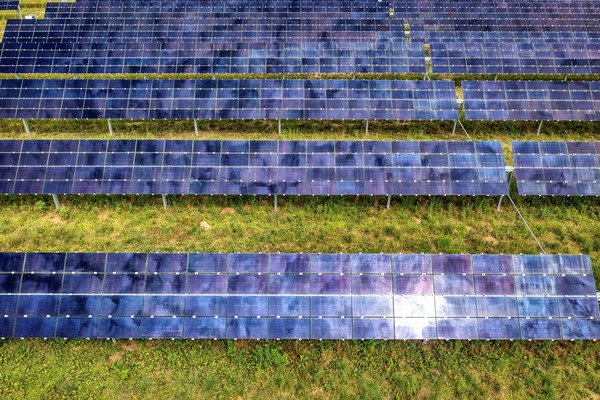The Middle East is expanding its renewable energy efforts, with smaller, lesser-known projects complementing larger developments. While large solar parks and wind farms dominate the headlines, smaller regional initiatives are playing a role in clean energy growth across the region.
In Oman, small-scale solar installations are being implemented in rural communities. The Rural Areas Electricity Company (RAECO) has launched off-grid solar projects to supply power to remote villages. These systems range from 10 kilowatts (kW) to 50 kW and provide electricity to areas without access to the main grid.
In Kuwait, the Kuwait Institute for Scientific Research (KISR) operates a solar-powered water desalination project in Shagaya. The pilot plant has a capacity of 150 kW and supports the research on integrating renewable energy into water production systems.
Jordan has introduced a rooftop solar program for low-income households in urban areas. The government has partnered with local organizations to install 3 kW systems on homes, aiming to reduce electricity costs for families. Over 1,000 units have been installed so far.
In Bahrain, a solar carport project has been set up at the Bahrain International Circuit. This project generates 500 kW of power and supplies electricity to the circuit’s facilities. The initiative is part of a broader plan to increase renewable energy use in public spaces.
Lebanon, despite its energy challenges, has introduced solar-powered streetlights in rural municipalities. These systems, producing 30-50 watts per unit, help reduce grid dependency and provide lighting during frequent power cuts.
In Saudi Arabia, smaller-scale projects include hybrid solar-diesel systems in remote regions. These systems integrate solar panels with diesel generators, reducing fuel consumption and emissions. A project in Al-Baha supplies 1 MW of hybrid power to a small community.
The UAE has implemented floating solar panels on reservoirs in Sharjah. This pilot project generates 200 kW of clean energy and explores the potential for expanding floating solar in the region. These smaller projects highlight diverse approaches to renewable energy in the Middle East. They address local needs while contributing to the region’s clean energy goals.


